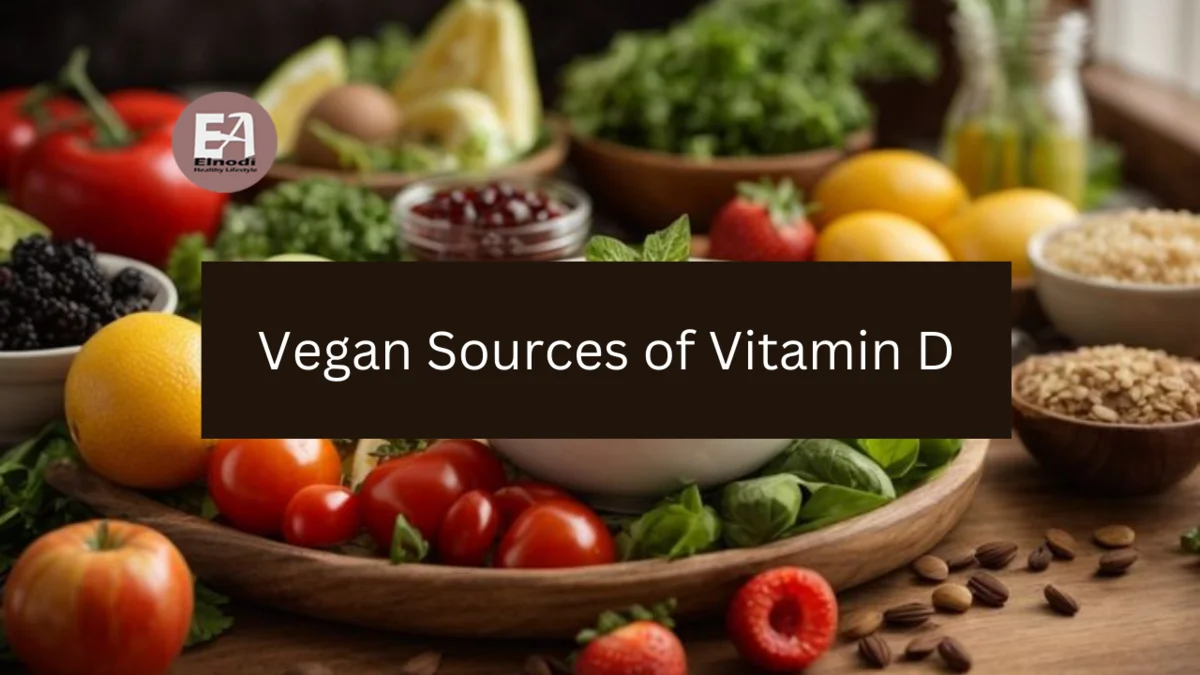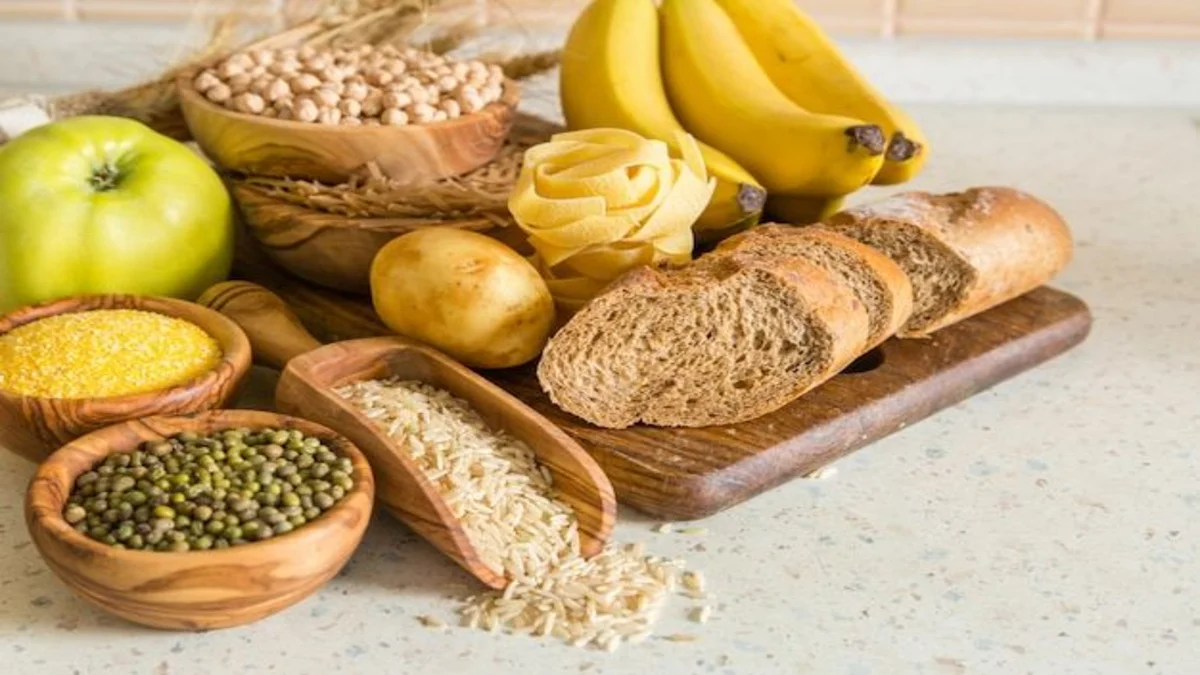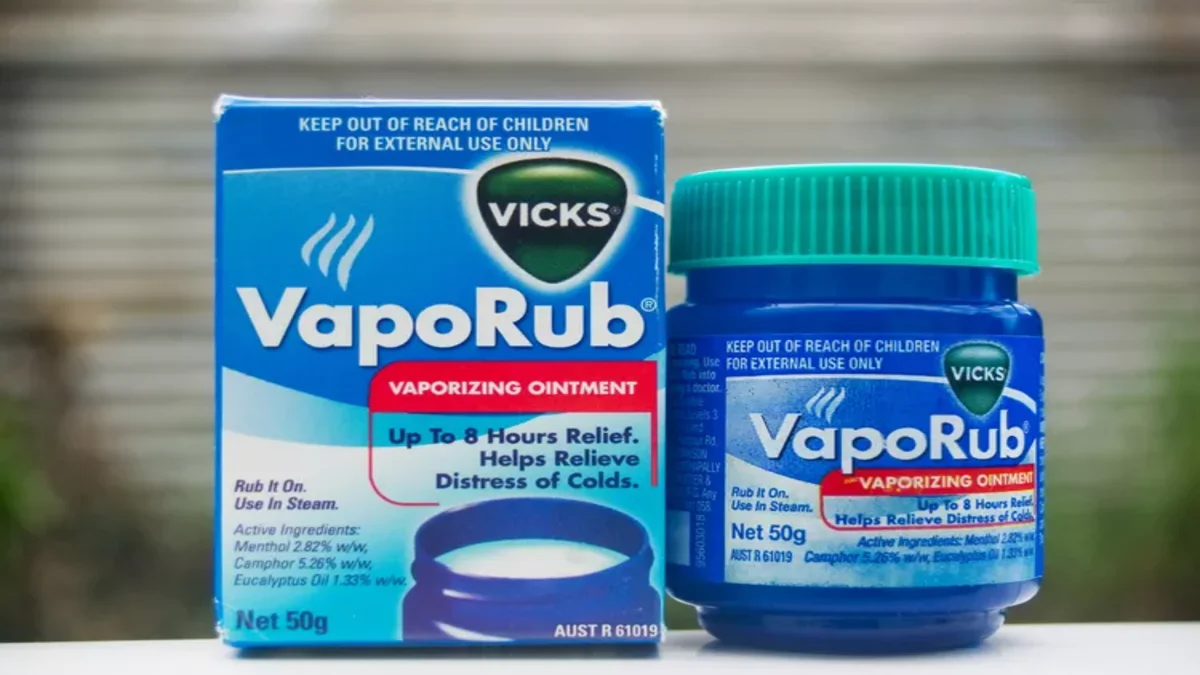Discover the best vegan sources of vitamin D and ensure you’re getting this essential nutrient in your plant-based diet with our exhaustive guide.
As a vegan, it can often be challenging to ensure you’re getting all the necessary nutrients for optimal health. Vitamin D, in particular, is one nutrient that is primarily found in animal-based products. However, this doesn’t mean that vegans can’t meet their vitamin D needs.
With a little knowledge and careful planning, there are several vegan sources of this essential vitamin that can help you maintain your overall well-being.
In this article, we will discuss the top 10 nutrient-rich vegan options that can provide you with sufficient amounts of vitamin D, even without consuming animal products.
What is vitamin D?
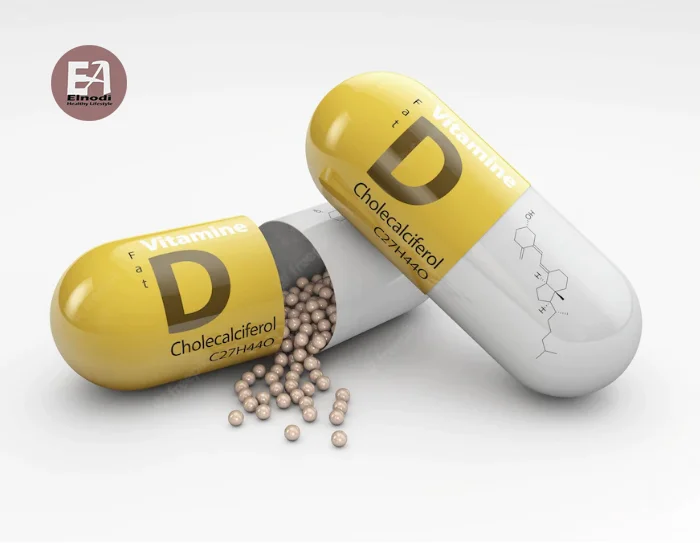
Vitamin D is a fat-soluble vitamin that aids our systems in absorbing calcium and phosphorus, all of which are necessary minerals for bone health. Several factors influence how much vitamin D you require.
Those living in the north will require more because they do not receive enough sunlight throughout the winter months. (From mid-November until late January, the sun does not rise in some parts of northern Norway.) Another aspect is age because as we get older, our ability to generate vitamin D decreases.
Why do you need vitamin D?
Vitamin D’s principal function is to aid your body’s absorption of calcium and phosphorus from your diet.
Both of these minerals are crucial for bone health. People who do not obtain enough vitamin D are more likely to develop weak and brittle bones.
Your immune system also requires vitamin D to function properly. According to a 2011 study, vitamin D insufficiency can lead to autoimmune disorders and an increased risk of infection.
A 2013 research found that low levels of vitamin D may increase the incidence of depression compared to healthy levels.
While some data suggest a link between vitamin D and cancer prevention, further research is necessary.
Vegan Sources of Vitamin D
1. Mushrooms
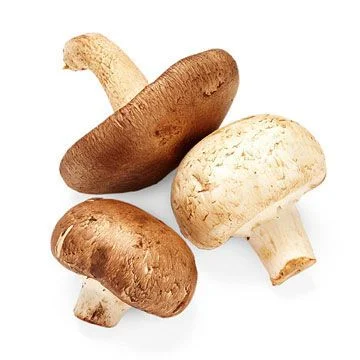
Since certain mushroom species produce vitamin D when exposed to sunshine, just like humans, some varieties of mushrooms contain the vitamin. Not all mushrooms, however, are grown in bright light. Some can even grow in complete darkness. Thus, be sure mushrooms in the grocery store have vitamin D content by reading the label.
2. Fortified cereals
A lot of popular cereals have added vitamins and minerals, such as vitamin D. For instance, Cheerios has 2 mcg (or 80 IU) of vitamin D2, which is 10% of the recommended daily intake. Remember that most granolas and plain rolled oats are not fortified, and neither are other cereals that are touted as healthier choices.
3. Fortified soy milk
About 2.9 mcg (116 IU) of vitamin D can be found in one cup of soy milk that has been fortified with vitamin D.
When purchasing a brand of soy milk, it’s crucial to read the label to see whether vitamin D is included. Vitamin D levels in non-fortified brands are incredibly low.
4. Fortified tofu
While not all tofu is fortified, certain kinds include omega 3 fats, vitamin B12, and about 20% of your daily recommended intake of vitamin D—three of the most prevalent nutrient shortages in a vegan diet.
Because tofu absorbs flavors and is essentially a blank canvas, it can be delicious. Tofu can be marinated and added to a stir-fry for dinner, or it can be combined with spices and herbs to make a tasty tofu scramble in the morning.
5. Fortified orange juice
While not every orange juice is fortified, you can nearly always find varieties that have added calcium and vitamin D. There are 2.5 mcg (or 100 IU) of vitamin D3 in Tropicana Calcium + Vitamin D.
Juice is a large amount of sugar and lacks fiber to prevent blood sugar rises, so you shouldn’t drink too much of it as your primary supply of vitamin D. If you do consume orange juice, think about adding it to a smoothie that is high in protein.
6. Fortified almond milk
A serving of fortified almond milk has roughly 2.4 mcg (96 IU) of vitamin D. Additionally, a lot of almond milk brands have calcium added to them.
7. Spinach
A typical bunch of spinach from your garden contains a wealth of vital elements that are vital to your well-being. This dark leafy green provides up to 25% of the daily required intake of vitamin D, an important nutrient.
Is Vitamin D Deficiency Serious?

Because vitamin D is linked to numerous bodily processes, vitamin D deficiency can be hazardous. You run the danger of osteoporosis, inflammation, sleeplessness, decreased immunity, and other conditions if your levels aren’t adequate.
Furthermore, not only vegetarians and vegans may be deficient in vitamin D.
The National Institutes of Health states that there is a risk to other populations as well. Low vitamin D levels can occur in people who are lactose intolerant, get little sun exposure, don’t eat enough healthy fats, or have skin that contains a lot more melanin.
Vitamin D deficiencies begin with these symptoms:
- Low immunity
- Fatigue
- Sleep-related issues like restless leg syndrome and sleep apnea
- Depression
- Low levels of energy
- Slow healing wounds
- Hair loss
- Muscle pain
- Bone loss
See your primary care physician to rule out other illnesses including adrenal exhaustion or hormone imbalances if you exhibit any combination of these indicators of vitamin D deficiency.
How about supplements?
If you follow a vegan diet, vitamin D tablets are an additional option for increasing your vitamin D intake. Not all vitamin D pills are suitable for vegans, so do your homework before purchasing one.
To improve absorption, take vitamin D pills after a meal. High-fat foods, such as avocados, nuts, and seeds, can assist increase vitamin D absorption into your bloodstream.
According to one study, persons who took vitamin D-3 supplements along with a high-fat meal had 32% higher vitamin D blood levels after 12 hours than those who ate a fat-free lunch.
Here are a few brands that provide vegan vitamin D pills:
- Doctor’s Best Vegan D3
- Country Life Vegan D3
- MRM Vegan Vitamin D3
Summary
Getting enough vitamin D on a vegan diet might be difficult, but there are non-animal-based alternatives to supplement your consumption.
Vegans can get their vitamin D from cereals and milk alternatives that have been fortified with it. A regular vitamin D supplement might also help you increase your levels.
Exposure to sunlight can also boost your body’s natural vitamin D production. For most people, 10 to 30 minutes three times each week is adequate.
FAQs
What plant has the highest vitamin D?
Aside from fortified foods, mushrooms are the only adequate non-animal source of vitamin D. Mushrooms, like humans, may produce vitamin D when exposed to ultraviolet light (21). Mushrooms generate vitamin D2, whereas animals create vitamin D3 (21).


